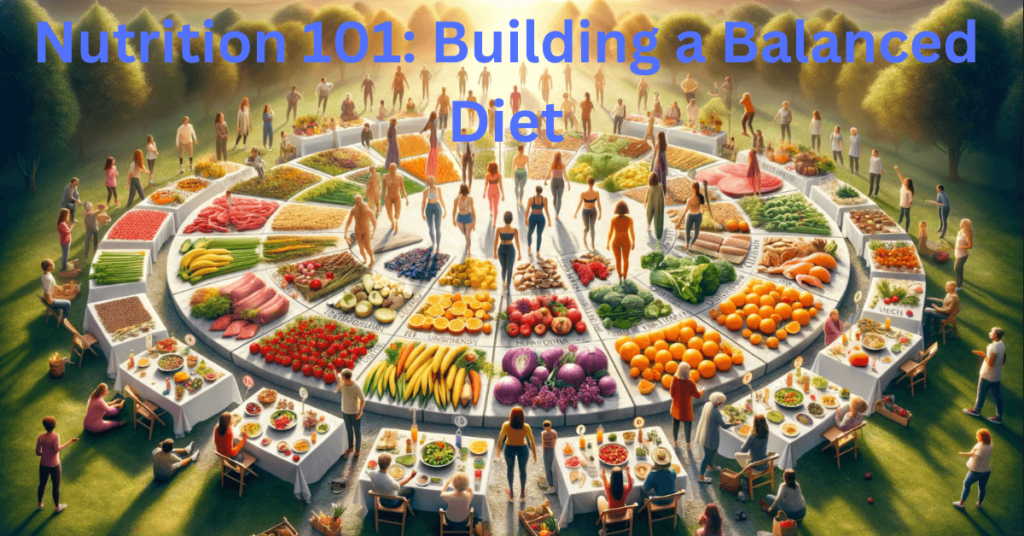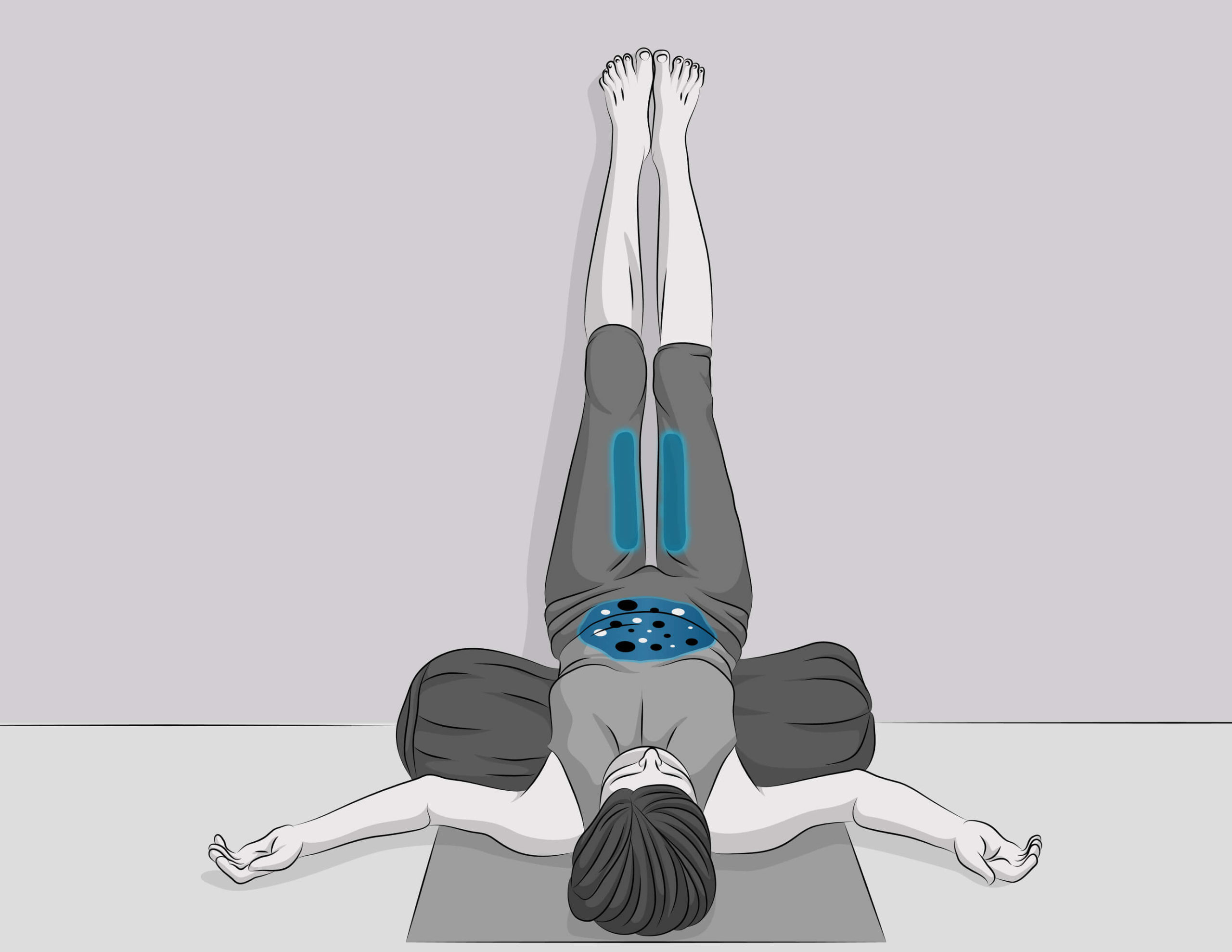Understanding the Basics of a Balanced Diet
Embarking on a journey towards better nutrition begins with understanding the essentials of a balanced diet. A balanced diet refers to a way of eating that provides your body with the necessary nutrients it needs to function correctly. These nutrients include carbohydrates, proteins, fats, vitamins, minerals, and water. This guide will cover the key components of a balanced diet, helping you to make informed choices about the foods you eat.
The Five Major Food Groups
To achieve a balanced diet, it is important to consume a variety of foods from each of the five major food groups, which contain different nutrients essential to our health. These groups are:
Fruits and Vegetables
Fruits and vegetables are rich in vitamins, minerals, fiber, and antioxidants. They are instrumental in reducing the risk of chronic diseases such as heart disease and cancer. Strive to include a colorful assortment in your meals, which ensures a wide range of nutrients.
Grains
Grains, especially whole grains, are a significant source of energy-providing carbohydrates, as well as B vitamins, iron, and fiber. Whole grains, such as brown rice, quinoa, oats, and whole wheat, maintain more of their nutritional value compared to refined grains like white rice and white bread.
Proteins
Proteins are the building blocks of the body, essential for growth, repair, and maintenance of tissues. Foods rich in protein include lean meats, poultry, fish, eggs, beans, legumes, nuts, and seeds. Incorporating a variety of protein sources can also provide other nutrients such as iron, magnesium, and omega-3 fatty acids.
Dairy
Dairy products, or alternatives like fortified plant-based milk, provide calcium, potassium, vitamin D, and protein. These are crucial for bone health, and consuming adequate amounts can help prevent osteoporosis and other bone-related conditions.
Fats
Fats are essential in the diet for energy, absorption of certain vitamins, and protection of our organs. Healthy fats such as those found in avocados, nuts, seeds, olive oil, and fish are beneficial for heart health and should be preferred over saturated and trans fats typically found in processed foods.
Hydration and Dietary Balance
Water plays a critical role in every cellular function of our bodies. Staying well-hydrated is just as essential as the food we eat. The amount of water you need depends on numerous factors, including your health, level of activity, and climate. Generally, aiming for 8 glasses of water a day is a good starting point, but adjust as needed to suit your body’s requirements.
Portion Control and Meal Frequency
Understanding portion sizes and meal frequency is also vital to a balanced diet. Learning to listen to your body’s hunger and fullness signals helps to avoid overeating. That doesn’t necessarily mean you must eat three meals a day – some people thrive on smaller, more frequent meals. Experiment to find what works best for you, while ensuring your body gets the nutrients it needs across the day.
The Importance of a Diverse Diet
Eating a wide variety of foods not only keeps meals interesting but helps to safeguard against nutritional deficiencies. No single food can provide all the nutrients the body needs, so including a diverse range of foods in your diet is essential.
Limiting Processed Foods and Added Sugars
While focusing on the essential food groups, it’s also important to limit intake of processed foods and added sugars. These often contain high amounts of unhealthy fats, sugars, and sodium, which can lead to health issues such as obesity, diabetes, and heart disease.
Practical Tips for a Balanced Diet
To put everything into practice, start with small changes that are sustainable over the long term. Plan your meals ahead to ensure a good mix of the different food groups. When shopping, focus on fresh produce and whole grains, and read food labels to make better choices. Cooking at home gives you control over ingredients and portion sizes, helping you to maintain a balanced diet.
By understanding the essentials of a balanced diet, you can take the first steps toward improving your nutrition and overall health. With a mixture of knowledge, planning, and mindfulness, a balanced diet can become not only an achievable goal but also a joyful and delicious aspect of everyday life.




